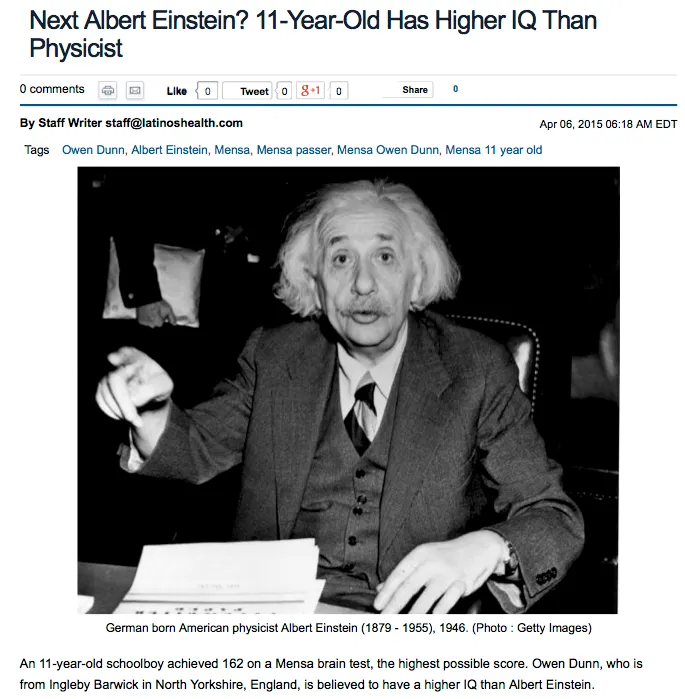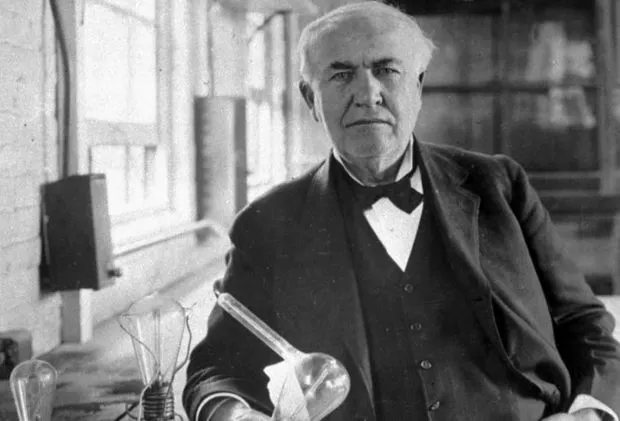by PAUL HALPERN

Einstein hated standardized testing, but the reasons why will surprise you.
These days, we like to quantify everything, from fitness (number of steps walked) to popularity (number of friends or followers on social media). Genius, however, is notoriously hard to measure.
News reports featuring contemporary individuals able to perform remarkable mental feats inevitably compare them to Einstein and other brilliant minds of the past. Often, such comparison is made using IQ. The trouble is that there is no record of Einstein taking a full IQ test and having it scored objectively by psychologists. It has just been guessed, not measured. Moreover, over the decades there have been many different types of IQ tests, each of which has its own range and scoring criteria. Consequently, any IQ comparison between Einstein and a purported modern-day savant is essentially meaningless.
Einstein himself never liked standardized testing. To evaluate a potential new research assistant, for instance, he preferred reference letters written by scholars that he trusted and other more personal methods. Perhaps his distrust of quantitative measures was fueled by several uncomfortable incidents in his life, including an awkward attempt at a questionnaire written by Thomas Edison.

Edison’s questionnaire tested facts that, in his opinion, an educated person should know. He gave it to job applicants at his company, thinking that a basic knowledge of science and related subjects offered an ideal background for helping develop new products. His philosophy was that practical self-learning was much more important than a university education.
When Einstein embarked on his first visit to America in 1921, Edison sensed competition. After all, long before relativity became a household word, everyone had been in awe of the marvelous achievements of the Wizard of Menlo Park, as Edison was called — dubbed so for the New Jersey community where he had created many of his inventions. From the incandescent light bulb to the phonograph, who could not be impressed by the Wizard’s innovations?
Yet by recasting the laws of nature themselves, clearly Einstein’s wonders overshadowed even Edison’s. Einstein was lauded when measurements of deflected starlight during the 1919 solar eclipse confirmed predictions of his general theory of relativity. By 1921, he was already an international celebrity.
Medium for more
